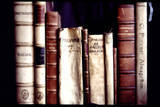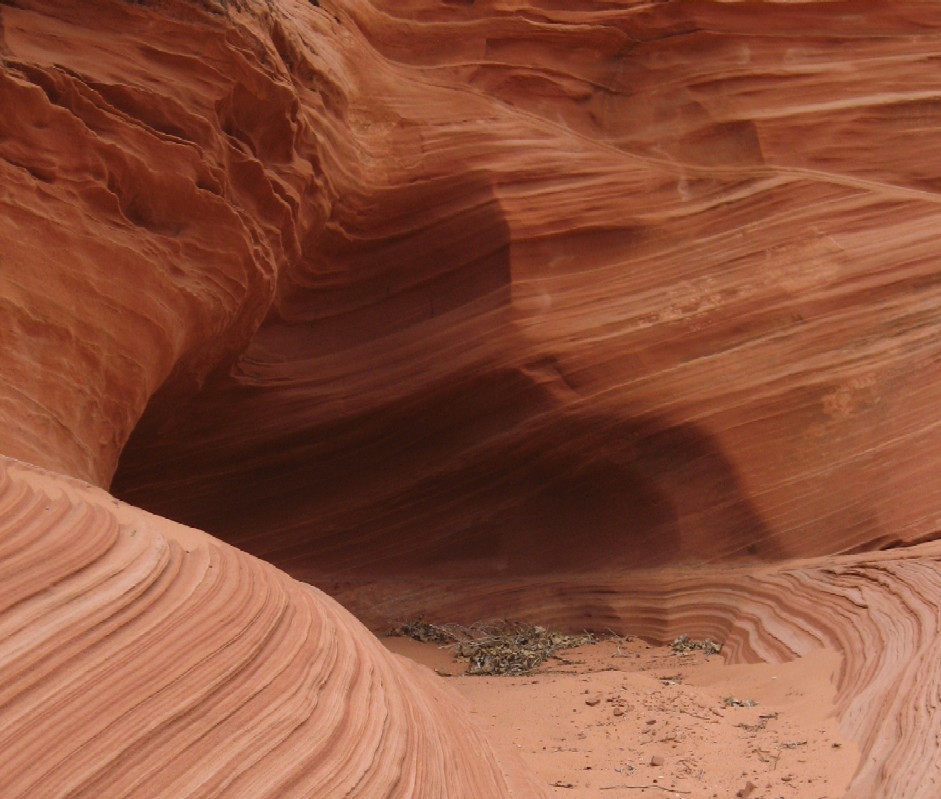 Book fairs are tremendous places to find gregarious introverted bibliophiles, secure interesting texts not offered by big retail chains or spot the next new and upcoming trend in the book world. This year is the hot new year for increasing reach into the rapidly expanding Arab Market. Earls Court Exhibition Centre in West London is the scene of a Book Fair this week, featuring new titles and new literary translations
Book fairs are tremendous places to find gregarious introverted bibliophiles, secure interesting texts not offered by big retail chains or spot the next new and upcoming trend in the book world. This year is the hot new year for increasing reach into the rapidly expanding Arab Market. Earls Court Exhibition Centre in West London is the scene of a Book Fair this week, featuring new titles and new literary translations in Arabic. Demographics point the way for publishers as the media age in Arabic countries is younger than the more mature markets in North America & Europe, meaning more book buyers and an opportunity to make a long lasting publishing relationship with a new highly educated group with high disposable incomes.
in Arabic. Demographics point the way for publishers as the media age in Arabic countries is younger than the more mature markets in North America & Europe, meaning more book buyers and an opportunity to make a long lasting publishing relationship with a new highly educated group with high disposable incomes.Translated authors have a harder time gaining traction in Europe, especially those from Arabia, but it looks like times are changing. Part
 of the problem is the lack of diversity inside British, and for that matter American, publishing entities that can read in the original language and guide the book through the marketing and publishing process with an author seeking foreign publishing rights in English speaking countries. The US government still can not keep up with enough Arabic speakers and writers to translate materials with the same limitations now playing out into the marketplace where opportunity costs are making businesses take notice of a thriving market. London's Book Fair or LBF is interesting, as rather than vendors hawking wares in the stands, several nations and a Kingdom or two have set up booths to promote native authors. Yemen is a guest of honor at this years fair.
of the problem is the lack of diversity inside British, and for that matter American, publishing entities that can read in the original language and guide the book through the marketing and publishing process with an author seeking foreign publishing rights in English speaking countries. The US government still can not keep up with enough Arabic speakers and writers to translate materials with the same limitations now playing out into the marketplace where opportunity costs are making businesses take notice of a thriving market. London's Book Fair or LBF is interesting, as rather than vendors hawking wares in the stands, several nations and a Kingdom or two have set up booths to promote native authors. Yemen is a guest of honor at this years fair.Culturally, readers and seekers of knowledge are venturing further afield in Europe and North America collecting writers that create a nonfiction context or set stories in places they know, not just visited for extended stays. On the flip side, the world of western literature and nonfiction is becoming more accessible to Arabic speakers with translations that increase each year due to popular demand."The market is potentially very large" for Arab authors, said Margaret Obank, founder of the Banipal publishing house which sells English translations of Arabic books.
"After 9/11 people thought, my god we ignored that (part of the world)," she said.
"They now realise there is literature out there."
Despite all that, having to translate books remains a major barrier holding back greater literary exchanges between the West and the Arab world.
A 2003 report from the United Nations Development Programme estimated that just 50 Arabic-language books a year were translated into another language.
'Kalima means business when it comes to filling gapsWith an attendance pegged through today at 23,000 publishing professionals and industry mavens, the LBF was a perfect place for the United Arab Emirates to discuss and promote its 'Oktub' programs for original authors and 'Tarjem' for translation that are part of a $10 billion, (b as in book), endowment to nurture young Arabian writers from the region.in the Arabic library and we are working with publishers from all over the world to achieve that goal. We have already completed nine titles despite only launching late last year,' says Karim Nagy, Chief Executive of Kalima. 'It is great that publishers are now recognising the opportunities in the Arab world. Organisations like Kalima can help the international publishing industry access this largely untapped market of 300 million Arabic speakers.'
At its official launch last November, Kalima announced a list of the first 100 candidate titles to be translated and published in Arabic, with the following titles now completed:
- Il Segno (The Sign), Umberto Eco
- The Halo Effect, Phil Rosenzweig
- The Future of Human Nature, Jurgen Habermas
- A Briefer History of Time, Stephen Hawking
- Kafka on the Shore, Haruki Murakami
- The Arab Roots of Capitalism, Gene Hec







No comments:
Post a Comment